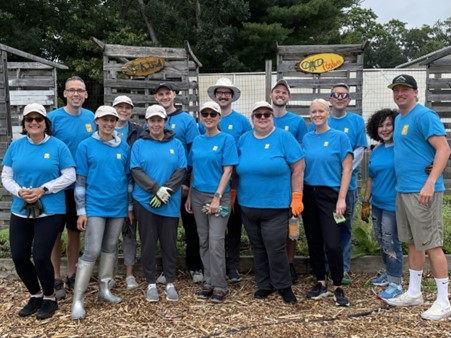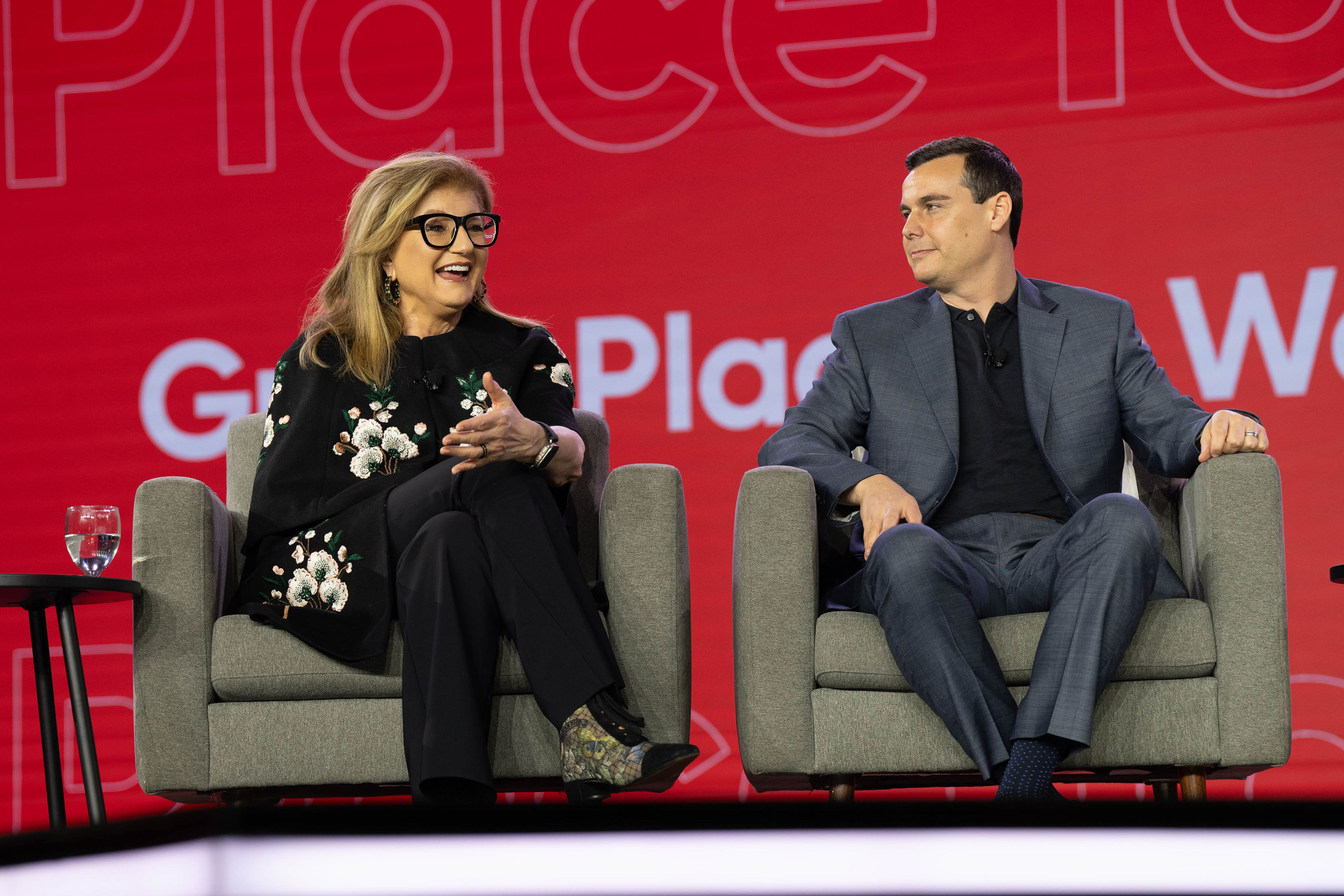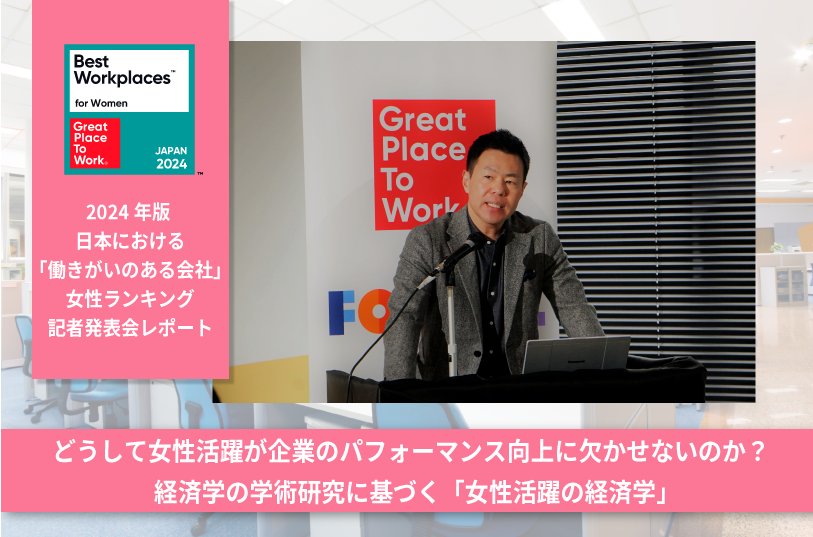Most executives know employees won’t be at their best if they are constantly yelled at or live in continual fear of being fired or laid off. The importance of psychological safety has started to permeate leadership ranks, along with the knowledge that people retreat to the reduced thinking of “fight or flight” when threatened.
But our research uncovered a less-obvious version of fear that gets in the way of invention and agility.
We call it “Everyday Fear.” It refers to employees feeling anxious about trying to reconcile work and personal obligations. When leaders don’t treat employee well-being as a priority, their people experience subtle yet significant anxiety. Employees who are scared to seek the space they need to take care of themselves and their families cannot and will not innovate effectively.
An intriguing flip side of this barrier is that if leaders foster a climate where employees feel safe taking care of personal and family needs, innovation increases in the organization. Our data shows that when employees are encouraged to take time off from work when necessary, they are 34 percent more likely to report a high level of innovation activity.
Along these lines, it’s telling that the word “encourage” showed up as a significant marker of innovation. We found that employees who use the word "encourage" in their written comments are 42 percent more likely to believe they had meaningful opportunities for new and better ways to do their work.
Encouragement is an antidote to fear. And its root is the latin word “cour”—meaning “heart.” The heart is also where we locate compassion and care.
In fact, we found a connection between caring and innovation.
When employees feel leaders care about them as people—rather than merely as employees— they are 36 percent more likely to experience innovation.
We see the hidden barrier of Everyday Fear showing up in a number of ways. When employees describe feeling penalized for being sick or discouraged from caring for themselves, for example, they are less likely to experience innovation. Consider this employee’s comment:
“The company still needs to work on work vs. personal life balance. Especially with those with dependents. It shouldn't be mandatory to work weekends. If you aren't available, it’s an unfair practice, and it's a reason why I am leaving the company."
Here, frustration with a policy that prevents caregiving not only diminishes this employee’s engagement, but is pushing the worker right out the door. The manager in this case isn’t necessarily abusive. But their “disdain” for the staffer who declines to sacrifice personal plans for the organization is experienced as psychological combat. And this employee is responding to this fearful climate in classic fashion: by fleeing.
Other comments show workers who want to give their best, but whose contributions are crimped by cultures that are all-consuming. An always-on expectation can be experienced by employees as akin to a never-sated monster—leading to low-level dread that drains creativity.
In effect, nothing can shut down innovation like failing to have employees’ backs when emergencies or the unexpected arise.
Everyday care at Wegmans
It’s not surprising that Wegmans avoids this innovation barrier when you consider the company’s response to Hurricane Sandy in 2012. Senior vice president, Joe Sofia, got a call from company chairman Danny Wegman telling him he had an open checkbook to pay for hotel rooms and take care of other needs that Wegmans' employees faced because of the super storm.
And that level of compassion extends to the day-to-day climate in the stores. Sofia explains, "The number one thing that our people ask for is flexibility in their schedule. So we really make this a top priority.”
Among other things, flexibility at Wegmans takes the form of schedules posted two weeks in advance. That gives employees time and space to plan for and resolve family conflicts.
By contrast, three-quarters of employees at large retail service firms get less than two-weeks’ notice of assigned hours that vary daily and weekly. U.C. Berkeley researchers have found that such scheduling instability undermines household economic security, leads to unstable childcare arrangements and harms worker health and wellbeing.
Besides having advanced notice on schedules, Wegmans employees can sign up for additional shifts in case colleagues have to miss work or leave early for a sick child. And because the company extensively cross-trains employees, workers have little trouble taking on different roles.
“I don’t think our people are ever afraid to ask for time,” Sofia says. The numbers back him up. 93 percent of Wegmans employees say they can take time off from work when they need to. That compares to just 62 percent of employees nationally across all industries.
And 9 of 10 Wegmans employees call their leaders “approachable, easy to talk with.” At Wegmans, everyday fear has been replaced with everyday care.
Read the whole story in our paper, The Five Hidden Barriers of Innovation.








